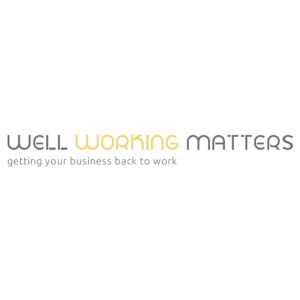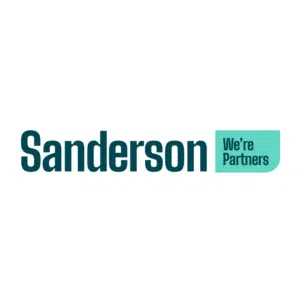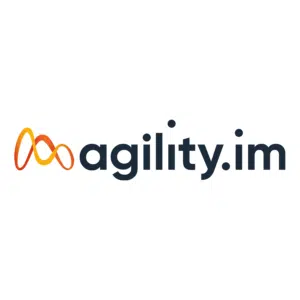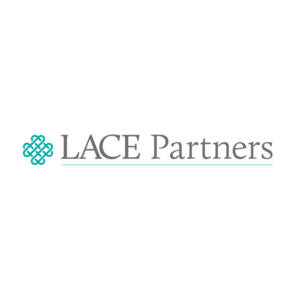The HR World speaks to industry leaders about their careers and life – what advice would they pass on and what wisdom brought them to where they are now.
Amy Bloomfield, Head of HR at bathroom retailers Victoria Plum, discusses the challenges of attracting and managing a multi-generational workforce.

02 October 2023

Story by
Amy Bloomfield, Head of HR, Victoria Plum
Amy Bloomfield, Head of HR at bathroom retailers Victoria Plum, discusses the challenges of attracting and managing a multi-generational workforce.
Developing an effective HR strategy means adapting to the changing face of today’s workforce
Throughout my HR career, one feature that has always been highly rewarding is being a meaningful business partner supporting organisations to navigate and weather significant challenges.
As everyone knows, today there’s a spectrum of topics on HR teams’ agendas as they develop strategies to help employers unlock the value of their people and drive positive change. From transforming company culture and supporting health and wellbeing to ensuring learning and development and tackling recruitment and retention challenges.
Navigating these is a significant challenge, but scratch the surface, and one, single, direct approach could be examining how to adapt to the changing nature of today’s workforce. Specifically, adapting to new generations of colleagues coming to the fold.
By carefully considering how to nurture a multigenerational workforce as the central tenant of a HR strategy, HR leaders, and entire organisations, can adapt their mindsets to one that is more conducive to weather major challenges.
A multigenerational workforce represents a melting pot of experiences, cultures and outlooks
It’s a fact of life that in the workplace different generations come and go. Each comes with a label that many of us are familiar with. In total, today five different generations are making up today’s workforce ranging from The Silent Generation, Boomers and Millennials right up to the youngest: Gen Z.
But beyond simple labelling, the reality is that today’s workforce represents a melting pot of different experiences, cultures, outlooks and expectations.
Coupled with different personality traits which often feed into unhelpful stereotypes, the world of work that each generation faced when they started their careers has changed significantly in recent years.
What employers are left with is a range of colleagues that require engaging and nurturing if they are to play a vital role in supporting organisations and promoting productivity.
This also presents a golden opportunity for HR teams to expand their capabilities and work to influence change amongst their organisation’s leadership.
There are plenty of knock on benefits to an effective, multigenerational workforce
Many organisations, with the support of their HR business partners, are already working on making progress when it comes to strategies, policies and programmes that build and nurture a diverse and inclusive workforce.
As this trend continues, it will be a marker of progress for organisations and a differentiator amongst competitors. But there are other proven, significant benefits to diversity and inclusion that revolve around the conducive mindset it creates.
Beyond representing today’s modern world, it ensures that organisations value and harness the lived experiences, contributions, presence and perspectives of a diverse workforce. This helps expand horizons and ensures colleagues automatically consider a diverse set of needs, improving strategic and decision-making skills.
Of course, this happens with any equality markers, but if employers consider how they can develop and nurture their multigenerational workforce, wider diversity and inclusion should come more naturally.
HR teams can start by leaving no stone unturned when analysing their workplace policies and practices.
As a leading online retail brand, we at Victoria Plum are privileged to work with a multi-generational workforce and it is a key area we consider when we hone our HR priorities and objectives.
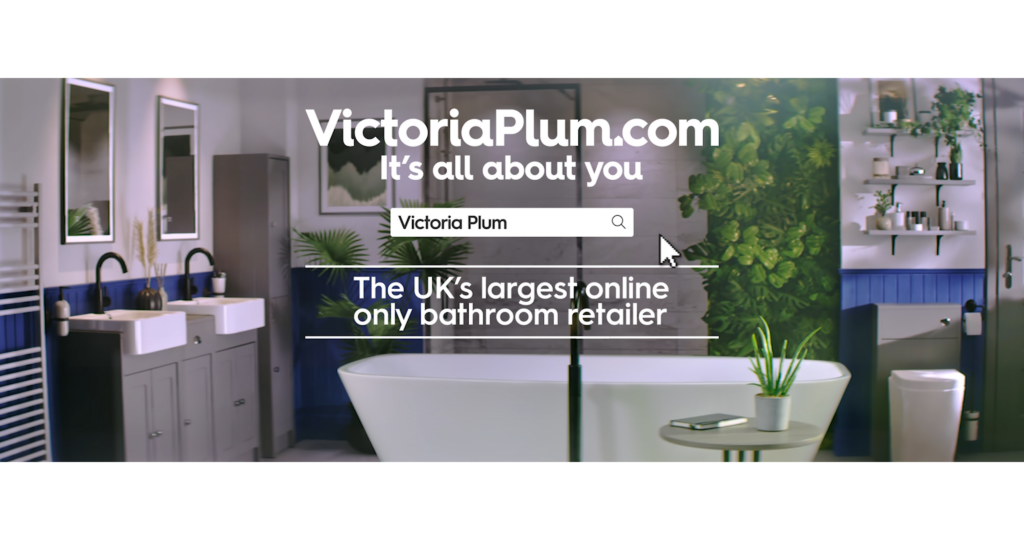
In doing so, we’ve realised that when it comes to cultivating productivity, it is important to leave no stone unturned when analysing policies, but a useful starting point is flexible and hybrid working practices.
Developing an effective flexible and remote working policy is one of the core policy areas, and a key priority for colleagues depending on their age bracket. One of the most obvious areas where this is manifesting is when attracting candidates. When surveyed, 92 per cent of Millennials identify flexibility as a top priority when job hunting.
Compare this, however, with colleagues in the 16-24 age bracket, which recent surveys suggest prefer working in the office full time, and 81 per cent would feel isolated without time in the office.
Even though it was a subtle trend before the pandemic forced it onto HR’s collective radars, there is still no ‘one size fits all’ approach. As a result, HR teams will need to think carefully when scoping policies to get the best balance of flexibility and productivity to benefit colleagues of all ages.
Beyond flexibility, younger generations of colleagues prioritise workplace wellbeing compared to their older peers, with 32 per cent of Gen Z identifying free mental health benefits as a top priority compared to 11 per cent of baby boomers.
Ensuring adequate mental health and wellbeing support will ultimately benefit all colleagues. But it represents another opportunity where gearing up for a multi-generational workforce provides holistic organisational benefits.
ESG will become increasingly important
In the face of mounting environmental concerns and an overarching trend towards more responsible business practices, many organisations are accelerating ESG policies.
This complements how employers can gear up to work with a multi-generational workforce. Younger generations are perhaps the most environmentally and socially conscious. This is across many areas such as purchasing and lifestyle choices, and importantly for HR teams, with their employers. As such, younger colleagues are more likely to scrutinise their employer’s ESG policies, referring to them in employee voice surveys and identifying them as a factor when it comes to recruitment.
This applies not just to environmental trends, but whether an employee is committed to getting colleagues involved in charitable activities such as fundraising and supporting local communities. Of course, ESG shouldn’t solely be about recruiting and attracting younger talent, but it represents a trend to leverage for HR teams’ toolkits such as employee engagement and employer branding.
Succession planning is a key part of learning and development for multiple generations
As every HR practitioner knows, a top priority lies in ensuring colleagues have the right skill set to fulfil their daily roles and are empowered to develop their skills further. This applies across all generations, but for younger generations, it is another pillar supporting an attractive, fulfilling workplace.
An effective approach could be to have succession planning as the central pivot around which learning and development strategies revolve.
This entails partnering together key individuals across the business to identify a development plan aligned with a clear, achievable career ladder. Doing so highlights that long-term progression is a priority and reflects the traditional approach of passing down wisdom through the generations.
At the end of the day, however, with a nurtured multi-generational workforce, learning is reciprocal, as each cohort of colleagues has something different to bring to the table. It is an important trend for HR teams to recognise and evolve their practices accordingly to meet today’s and tomorrow’s workplace challenges.


